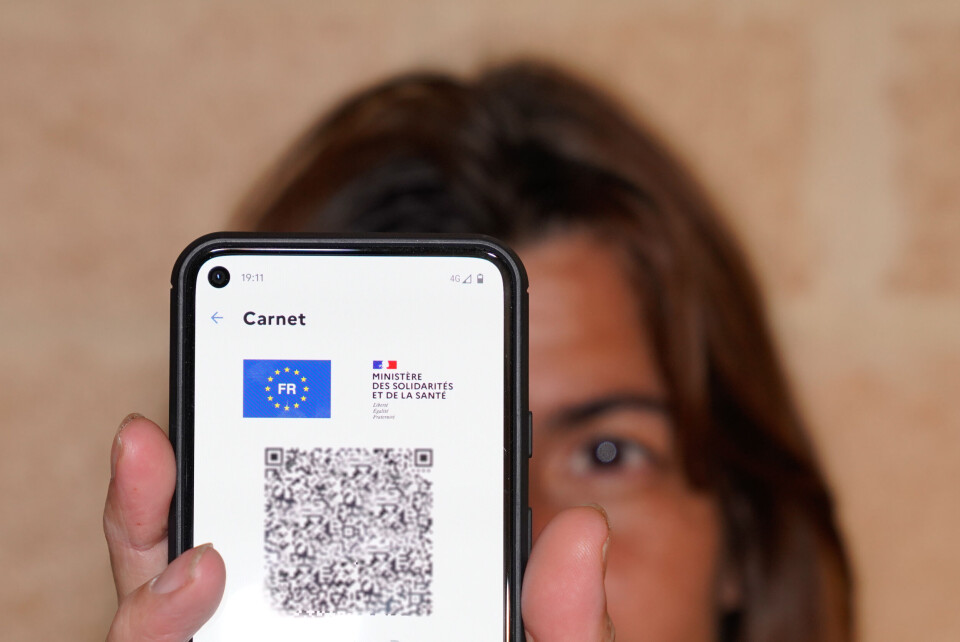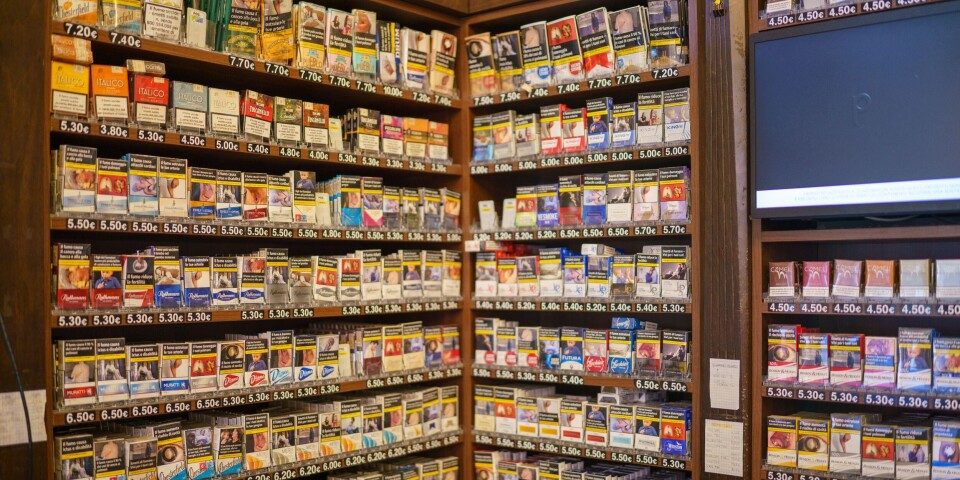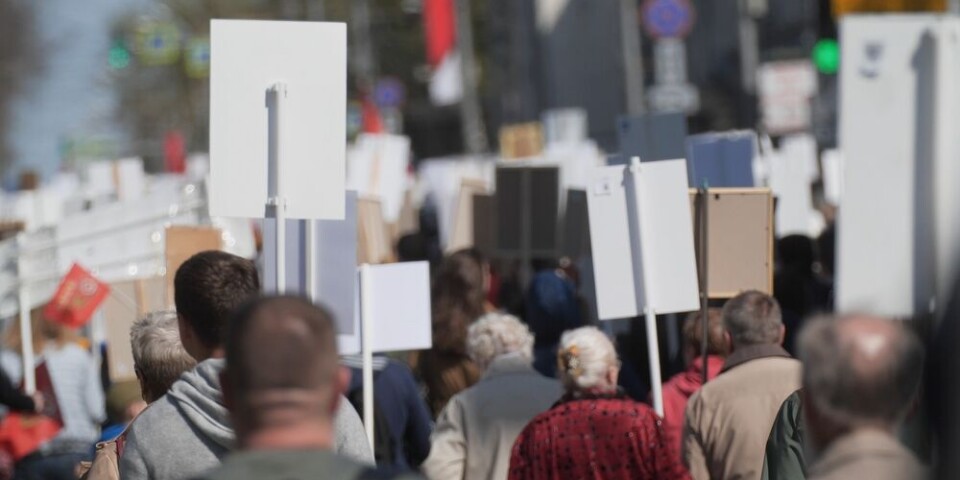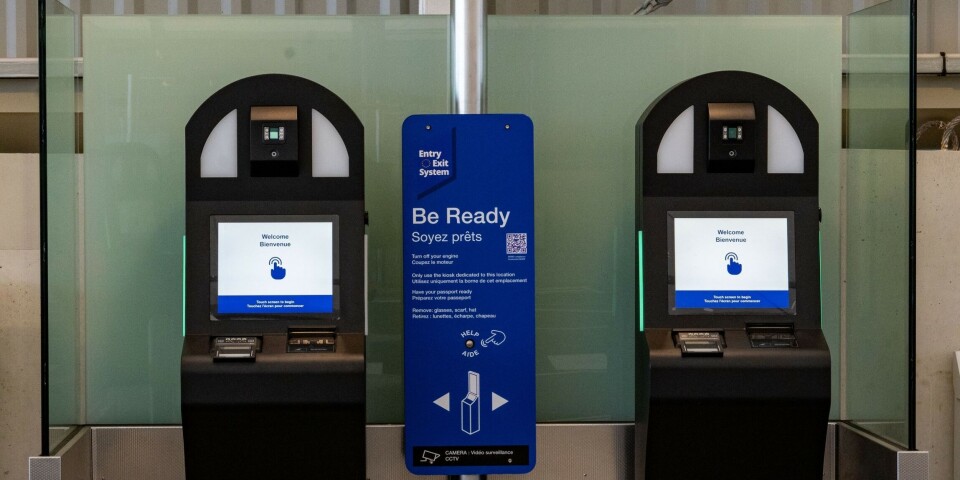-
Death charges claimed by French banks to be restricted
New law passed by the Senate in early summer
-
Electric bike popularity in France opens way for new insurance deals
Number in country rockets as theft policies evolve
-
What is France’s ‘intime conviction’ legal concept used to reach verdict in Cédric Jubillar trial?
Unique approach to murder trial without a body that transfixed France
Seven Q&As: where, when and how would France’s vaccine pass plan work
Would it be needed for flights and train journeys? Will I be able to get a pass if I am not yet vaccinated? Could proof of Covid status be required in places of work?

France’s health pass could soon become a ‘vaccine pass’ as the government considers new measures to encourage unvaccinated people to get their jabs.
If adopted the change would mean the end of tests being accepted for the pass which has been required to go to restaurants and a host of other venues in France since summer.
Prime Minister Jean Castex has said that “henceforth only vaccination will be valid in the pass” if the vaccine pass plans are voted in by parliament in January.
Read more:Health pass should become vaccine pass, says French prime minister
We look at how this would affect everyday activities in France.
1. What will change if a vaccine pass system is introduced?
Basically it would mean that unvaccinated people would no longer be able to use a negative Covid test result to access the included public spaces and services.
In effect, they would be barred from restaurants, bars, museums, theme parks and more.
Mr Castex said that this measure will serve to “make the constraints on unvaccinated people weigh more heavily, as intensive care services in our hospitals are full, in general, of unvaccinated people.”
The government has not yet clarified whether having had Covid in the past six months will be accepted for the creation of a pass.
This option will be the subject of government “consultations” before a vote on the subject takes place.
The plan comes as a new rule means that from January 15, all vaccinated adults who received their second dose more than seven months before and who have not yet had their booster will not be able to access their health pass, as third doses are gradually being integrated as a compulsory component.
2. Would it be required for plane and train journeys?
People in France are currently required to show a health pass for domestic flights and TGV journeys so it is possible that this would also be the case for a vaccine pass.
Transport minister Jean-Baptiste Djebbari stated yesterday (December 19) that the government envisages that: “The trains that are already subject to health pass requirements [long-distance TGV trains] will, after the parliamentary debate, be subject to vaccine pass requirements.
👉 Transports : que va changer le #PassVaccinal ?
— LCI (@LCI) December 19, 2021
🗣️ @Djebbari_JB : "Les trains soumis au pass sanitaire seront, après le débat parlementaire, soumis au pass vaccinal."
📺 Dans #Le20hdeDariusRochebin @DariusRochebin pic.twitter.com/pa7AFvuTl3
“Public transports [such as buses, Métro services and commuter trains] are not under health pass rules.
“The only way to live sustainably with this virus is to increase our collective immunity, either by being infected or by being vaccinated. This is why vaccinations are important and why the government is planning this measure.”
When it was pointed out that vaccine passes in long-distance transports would effectively prevent unvaccinated people from travelling across the regions of mainland France, Mr Djebbari stressed the fact that the reach of this measure must first be debated in parliament before the final details are revealed.
Health Minister Olivier Véran has also said that the use of vaccine passes on certain forms of transport is to be decided by parliament.
« La question se pose pour les transports comme le TGV et l’avion » pour une accessibilité uniquement avec le #PassVaccinal. pic.twitter.com/x2IdRfYrKs
— Brut FR (@brutofficiel) December 18, 2021
3. Would it be required in more public spaces than the health pass?
The government has not yet shared the final details of the public spaces and services where a vaccine pass would be required.
Mr Véran has said, however, that it would be needed in “all establishments which are open to the public,” allowing the government “to avoid the interruption of everyday activities for the 91% of [eligible] people in France who are already vaccinated.”
This means that it would be put in place in recreational establishments such as restaurants, bars, theatres and cinemas, but not in places of work which are not public-facing, Franceinfo reports.
4. Might it be required at work?
Mr Véran also stated on Saturday (December 18) that the government is considering extending the health pass to workplaces, meaning that staff would need to either be fully vaccinated or to carry out a test every day in order to go to work.
.@olivierveran confirme sur Brut que la mise en place du #PassSanitaire pour avoir accès à son lieu de travail est à l’étude. pic.twitter.com/3N4jAdoBDB
— Brut FR (@brutofficiel) December 18, 2021
5. When could it be introduced?
No firm date has been set for the introduction of vaccine passes as this requirement must still be voted in by parliament.
The bill is set to be examined by the Conseil des ministres on January 5, and then debated by MPs and senators.
If approved, the new law could come into force around January 20.
6. Could I get a vaccine pass if I get vaccinated now?
Yes.
In order to create a health pass – or possible vaccine pass – for more than 24 hours, you will initially need only to receive your two initial vaccine doses (or one in the case of the single-dose Janssen jab).
Read more:Is it too late to get a French health pass if I get vaccinated now?
After you have received your first vaccine dose, you must wait three weeks before you have your second, and then a further week before your health pass (or vaccine pass) becomes valid.
If you have the Janssen vaccine your health pass will be generated 28 days after your first and only dose.
You will not need to worry about getting a booster dose yet, as you will only become eligible five months after your second dose.
Please note that from January 3, double-vaccinated people will be able to receive a booster four months after their second dose.
You will therefore have several months after your initial doses in which you can use your pass as normal before you need to think about getting your booster.
Health passes are valid for seven months after the second dose, after which time they will expire if the person in question has not received their booster.
Booster doses are added to health passes immediately after injection.
So, if you receive your first dose tomorrow (December 21), you will be eligible to receive your second on January 11 and your health pass will then be usable from January 18.
Those who received the Janssen jab are eligible for their booster one month later, and then have a further month in which to receive it before their pass is invalidated.
7. Will minors be concerned by the compulsory booster dose element of the pass?
Public information platform Service-public.fr states that everyone “aged 18 and over” is entitled to a booster vaccine dose from five months after their second dose.
It adds that from January 15 these booster doses will become obligatory for any adult wishing to retain their health pass and who had their initial vaccine doses more than seven months ago.
Under-18s are not yet eligible for a booster dose and are therefore not concerned by this new measure.
The health passes of minors are therefore expected to remain valid with the records of two vaccine doses until the person in question turns 18, after which date they will need to consider getting their booster dose.
Related articles
Coronavirus: Daily updates on the situation in France
France’s Omicron case numbers ‘probably hugely underestimated’
























